When the people fear the government, there is tyranny. When the government fears the people, there is liberty
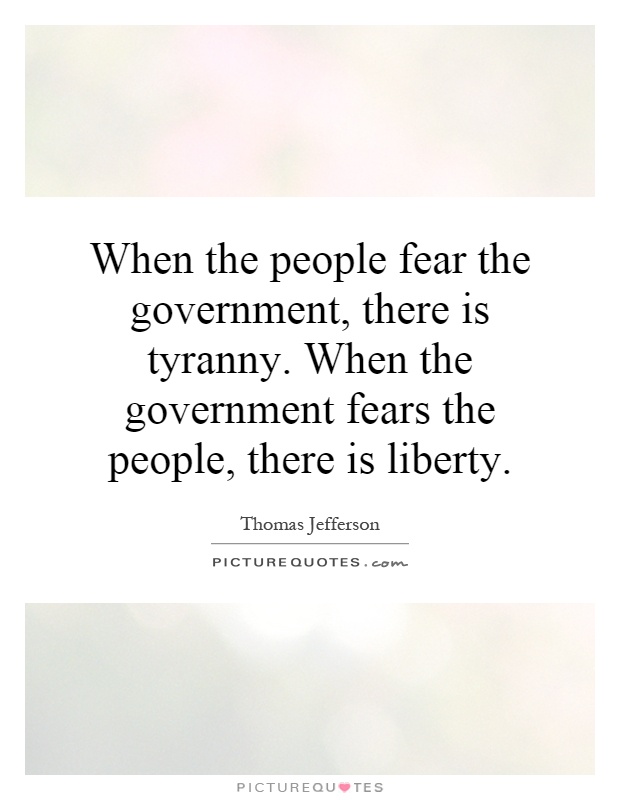
When the people fear the government, there is tyranny. When the government fears the people, there is liberty
Thomas Jefferson, one of the founding fathers of the United States and the principal author of the Declaration of Independence, understood the delicate balance of power between the government and the people. His famous quote, "When the people fear the government, there is tyranny. When the government fears the people, there is liberty," encapsulates his belief in the importance of a government that is accountable to its citizens.Jefferson believed that a government should be of the people, by the people, and for the people. He recognized that when the government becomes too powerful and the people are afraid to speak out against it, tyranny can easily take hold. In a tyrannical government, the rights and freedoms of the people are often suppressed, dissent is not tolerated, and the government acts in its own self-interest rather than in the best interest of the people.
On the other hand, when the government fears the people, there is liberty. Jefferson understood that a government that is accountable to its citizens is more likely to act in the best interest of the people. When the government is held accountable by an informed and engaged citizenry, it is less likely to abuse its power and more likely to respect the rights and freedoms of its citizens.
Jefferson's belief in the importance of a government that fears the people is reflected in the principles of democracy and the system of checks and balances that he helped to establish in the United States. The Constitution, with its separation of powers and protections for individual rights, was designed to prevent the concentration of power in the hands of a few and to ensure that the government remains accountable to the people.

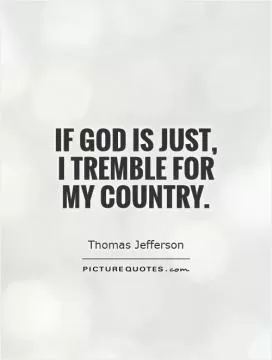
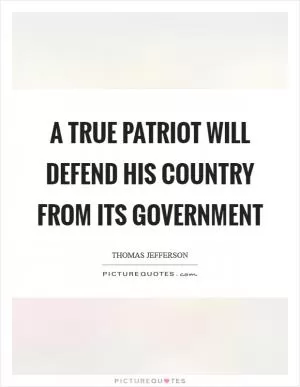
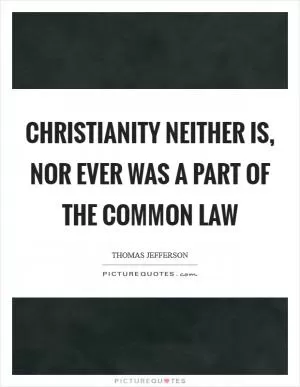
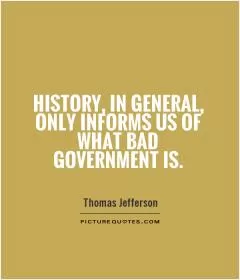
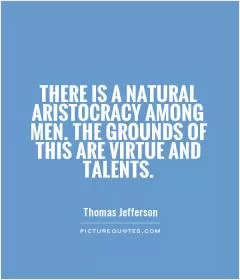
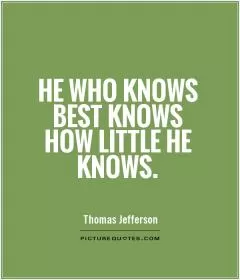
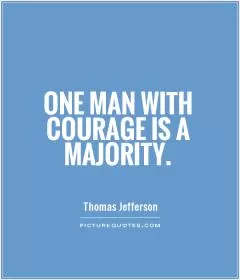
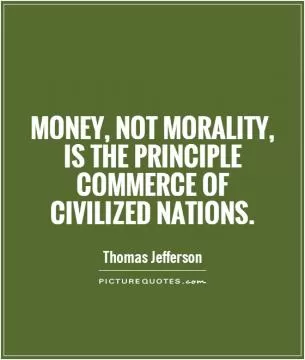
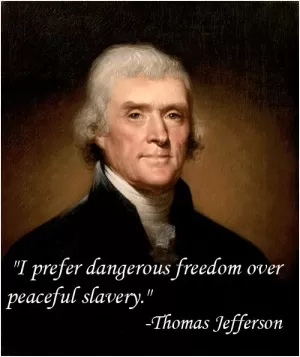
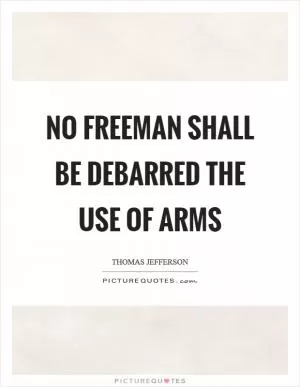
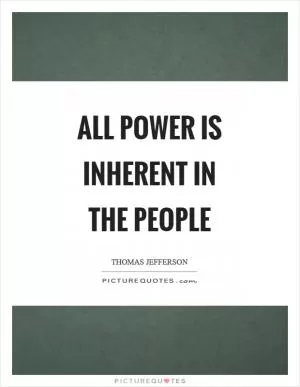
 Friendship Quotes
Friendship Quotes Love Quotes
Love Quotes Life Quotes
Life Quotes Funny Quotes
Funny Quotes Motivational Quotes
Motivational Quotes Inspirational Quotes
Inspirational Quotes